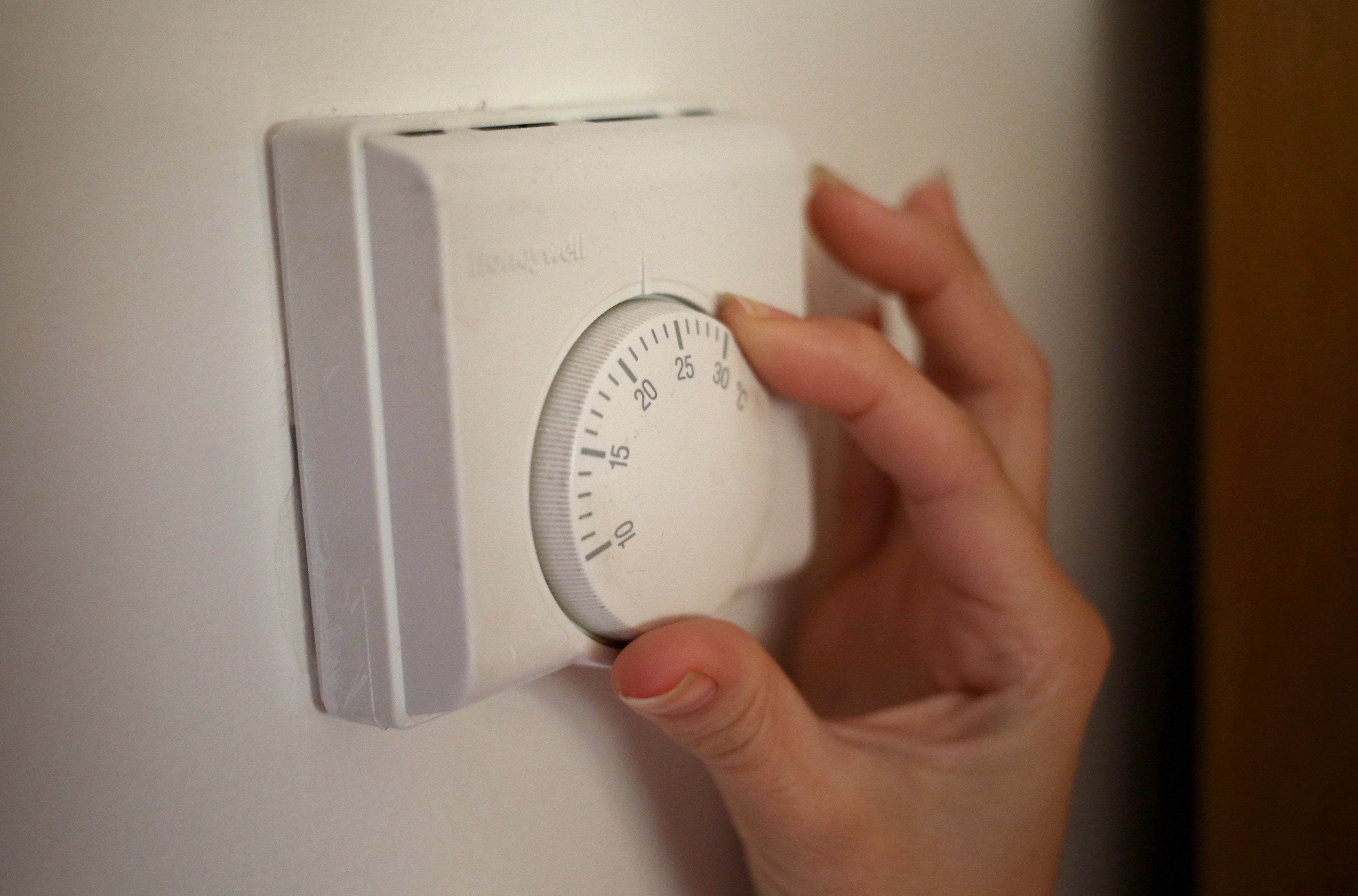It’s going to be a long, expensive winter, and next year’s not looking cheap
The UK cannot afford to take keeping the lights on, or economic growth, for granted, writes Anna Isaac


The idea that the spike in gas prices last month was a one off, with little consequence for the winter ahead, has proven short-lived.
More of the UK’s energy suppliers will be going bust this winter, and not just those which may have failed to responsibly hedge their portfolio of consumers’ needs, according to Emma Pinchbeck, chief executive of industry body, Energy UK, speaking at its annual conference on Thursday. Jonathan Brearley, chair of the energy regulator Ofgem, agreed, saying that “given the continued volatility of the market it is likely that more suppliers will exit the market”.
Yet, despite the gloom, business secretary Kwasi Kwarteng was resolute in saying there would be no bailouts for suppliers that go to the wall this winter.
That may prove a hard stance to maintain. The higher prices of natural gas, oil and coal could prove more sustained than the government hopes. From analysts at investment banks, including Goldman Sachs, to the industry bodies, the message is clear: prices are going to stay high through to next year.
Ofgem has shifted 1.7m consumers to other energy providers once theirs have failed. That could soon get harder, though, if the number keeps climbing. The providers taking on more customers are likely to need compensation to manage the hit – not to make profits, according to a person familiar with preparations at a large energy supplier.
So while Kwarteng may avoid bailouts, avoiding using public funds to support suppliers entirely may prove too challenging if high prices persist.
Meanwhile, the UK is in a tight spot in terms of supply. The country’s stores of natural gas are just 6 per cent of what Italy, Europe’s next largest gas-guzzler, has set aside, according to analysis from Dutch bank ING.
The country is also more at risk of blackouts because of a fire that affected a major interconnector with France. This is not going to come back online until at least March next year, according to the electricity system operator National Grid’s winter outlook.
Britain cannot, as Kwarteng suggested on Twitter, rely that much on its own North Sea capacity, because much of it has been shut down, or is struggling because of maintenance delays caused by the pandemic. And while the UK doesn’t rely on Russian gas, its near neighbours do. If Russia doesn’t increase output the neighbours will also be knocking on Norway’s door and intense demand will keep prices high. It’s unlikely that imports of liquified natural gas from the US and elsewhere can plug the gap, either.
James Smith, an economist at ING, believes the household energy price cap will rise another 20-30 per cent next year. So large is this leap that it could push the rate of price growth in the whole economy, inflation, above 4.5 per cent. Combined with the other pressures on supply chains in the UK and beyond, that might keep inflation above 2 per cent for the entirety of 2022, Smith says.
A drop in the buying power of the pound in international markets has exacerbated the impact of price rises in energy, too.
So great are the increased costs of energy for consumers, businesses and industry, that a long-lived energy squeeze puts economic recovery at risk, in Britain, Europe and beyond.
According to Andrew Goodwin, chief UK economist at Oxford Economics, “the threat of a rolling series of temporary inflation shocks stretching into next year has increased”. That’s beyond just energy costs, and takes into account factories’ input and logistics costs too. “Though some of the global bottlenecks facing industry should soon start to ease, many sectors are likely to face disruption for much of 2022,” Goodwin says.
While it might not prove to be a 1970s style inflation spiral, keeping the lights on, and the economy on track, may prove harder than the government seems to suggest. It is going to be a long, expensive winter for everyone.






Join our commenting forum
Join thought-provoking conversations, follow other Independent readers and see their replies
0Comments